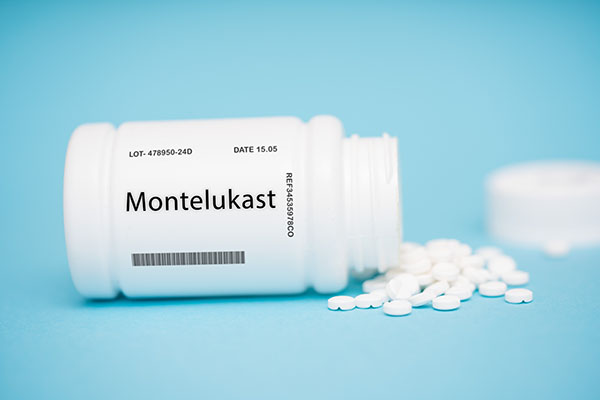
A team of Chinese researchers reviewed all available studies comparing dietary sugar consumption and health outcomes in people who were previously free from acute or chronic diseases. The researchers found several harmful associations between dietary sugar consumption and chronic diseases. It turns out, eating more than two tablespoons of sugar per day (25 grams) increases one’s risk of forty-five chronic diseases, including heart disease, high blood pressure, diabetes, asthma, gout, tooth decay, depression, and pancreatic cancer. Their umbrella review included 73 studies from 8,600 articles and was published in the British Medical Journal.
Increased sugar consumption is linked to coronary heart disease, diabetes, pancreatic cancer
The researchers found that sugar increases one’s risk of ten different cardiovascular outcomes, seven different cancers, and eighteen endocrine and metabolic disorders. Ten other neuropsychiatric, dental, hepatic, osteal, and allergic outcomes were also associated with sugar consumption greater than 25 grams per day.
Individuals who consumed sugar-sweetened beverages were more likely to have higher ectopic fatty accumulation and increased body weight. These drinks include carbonated and non-carbonated soft drinks, fruit drinks, and sports and energy drinks. Greater than one serving of these beverages per week is linked to higher rates of breast, prostate, and pancreatic tumors. Moreover, each additional 250mL/day of sugar sweetened beverage increases the risk of gout by 4%, the risk of coronary heart disease by 17%, and the risk of all-cause mortality by 4%.
Human knowledge is under attack! Governments and powerful corporations are using censorship to wipe out humanity's knowledge base about nutrition, herbs, self-reliance, natural immunity, food production, preparedness and much more. We are preserving human knowledge using AI technology while building the infrastructure of human freedom. Speak freely without censorship at the new decentralized, blockchain-power Brighteon.io. Explore our free, downloadable generative AI tools at Brighteon.AI. Support our efforts to build the infrastructure of human freedom by shopping at HealthRangerStore.com, featuring lab-tested, certified organic, non-GMO foods and nutritional solutions.
Added sugars in the diet also cause fatty liver disease and the development of fat in the muscle tissue. Increased sugar intake is also associated with higher LDL cholesterol levels, childhood obesity, and latent autoimmune diseases in adults. The study also found that a 25g/day increase in fructose consumption was associated with a 22% increase in pancreatic cancer.
The authors conclude that “limiting the consumption of sugar sweetened beverages to less than one serving/week (approximately 200-355 mL/week) are recommended to reduce the adverse effect of sugars on health.”
High fructose corn syrup is the main culprit behind today's chronic diseases
“The umbrella review shows that high dietary sugar consumption, especially intake of sugars that contain fructose, is harmfully associated with large numbers of health outcomes,” says Associate Professor Liangren Liu of the West China Hospital at Sichuan University.
High fructose corn syrup (HFCS) is the main culprit behind today's increasing chronic diseases and all the underlying comorbidities behind infectious disease mortality. HFCS is the public health crisis, for it is added to a variety of products throughout the Standard American Diet and is intentionally formulated to addict consumer's brains to the products.
The higher ratio of fructose to glucose in HFCS is intended to addict the brain. Researchers have found that this higher ratio of fructose causes “both neural and physiological changes associated with addictive and metabolic diseases."
While the body needs some sugar to function at the cellular level, too much sugar quickly deteriorates the lipid composition of cell membranes. Research shows that excess sugars in the body convert to a fatty acid that disrupts the makeup of the cell membranes, lowering the concentration of polyunsaturated fatty acids (PUFAs). By lowering the concentration of PUFAs in the mitochondrial membrane of cells, excess sugars put stress on the mitochondria, damaging the efficiency of these all-important energy centers throughout the body.
A sugar rush, whether from a juice box, a cola, or a sports drink, is not sustainable energy. When sustainable cellular energy is lost, one feels ongoing bouts of fatigue and tiredness throughout the day. Many people reach for a sugary drink to combat this fatigue, but this only perpetuates a vicious cycle of disease and energy loss. This ongoing tiredness and fatigue is the result of excess sugar harming the mitochondria and stopping it from efficiently carrying out the Krebs’s energy cycle.
Sources include:
Please contact us for more information.



















